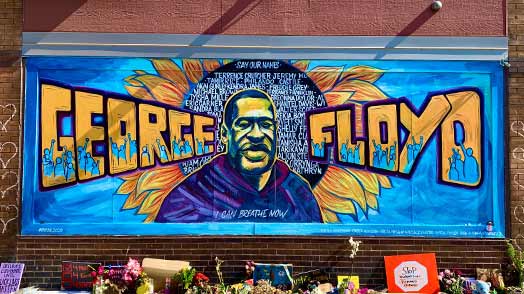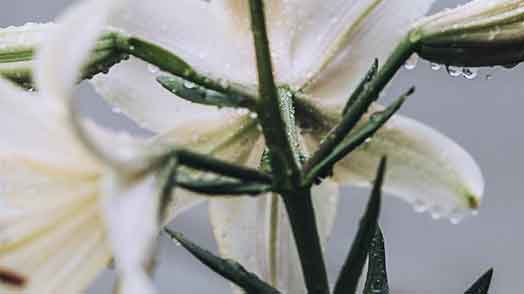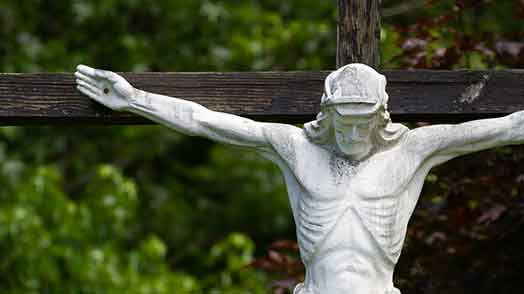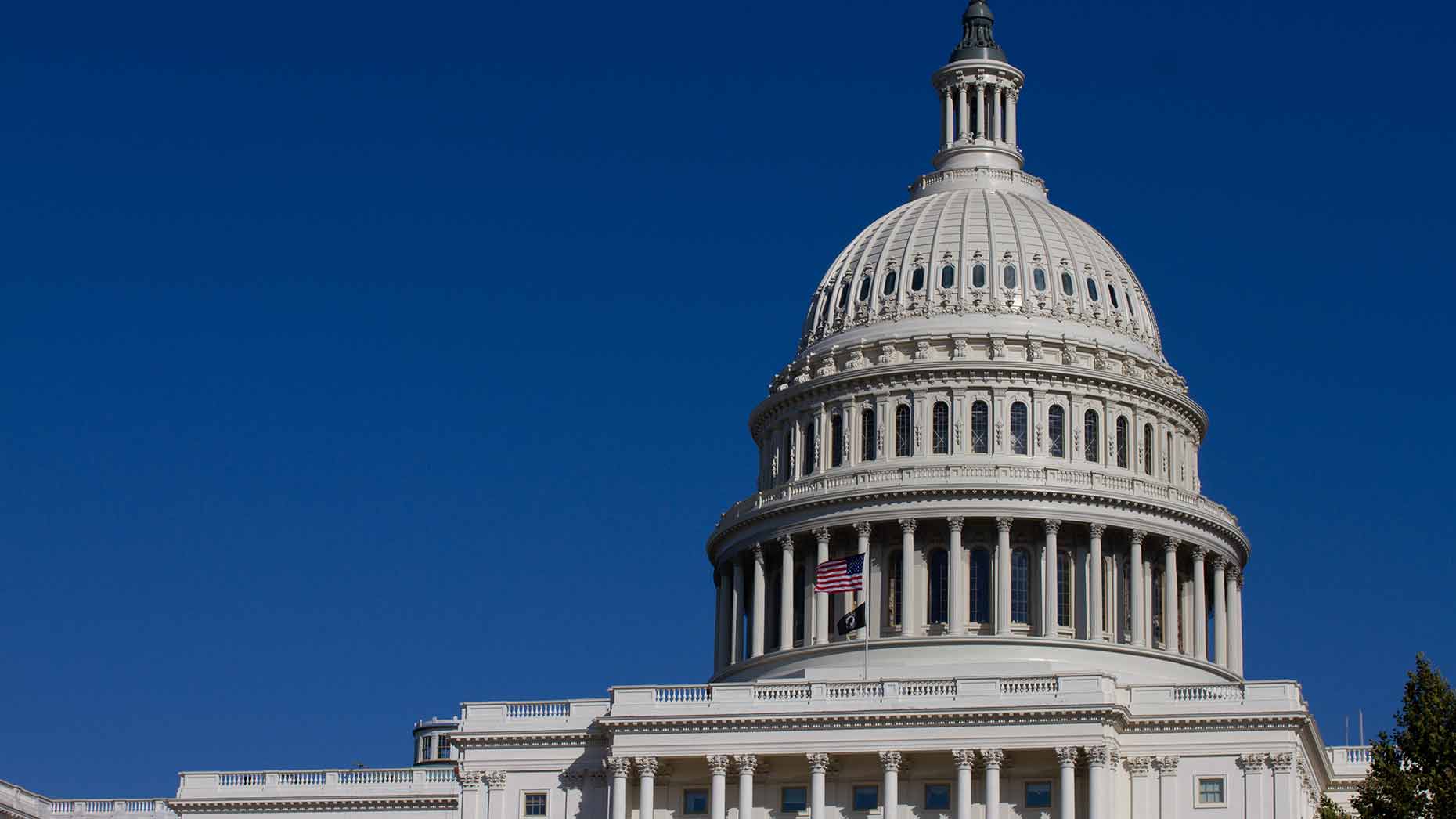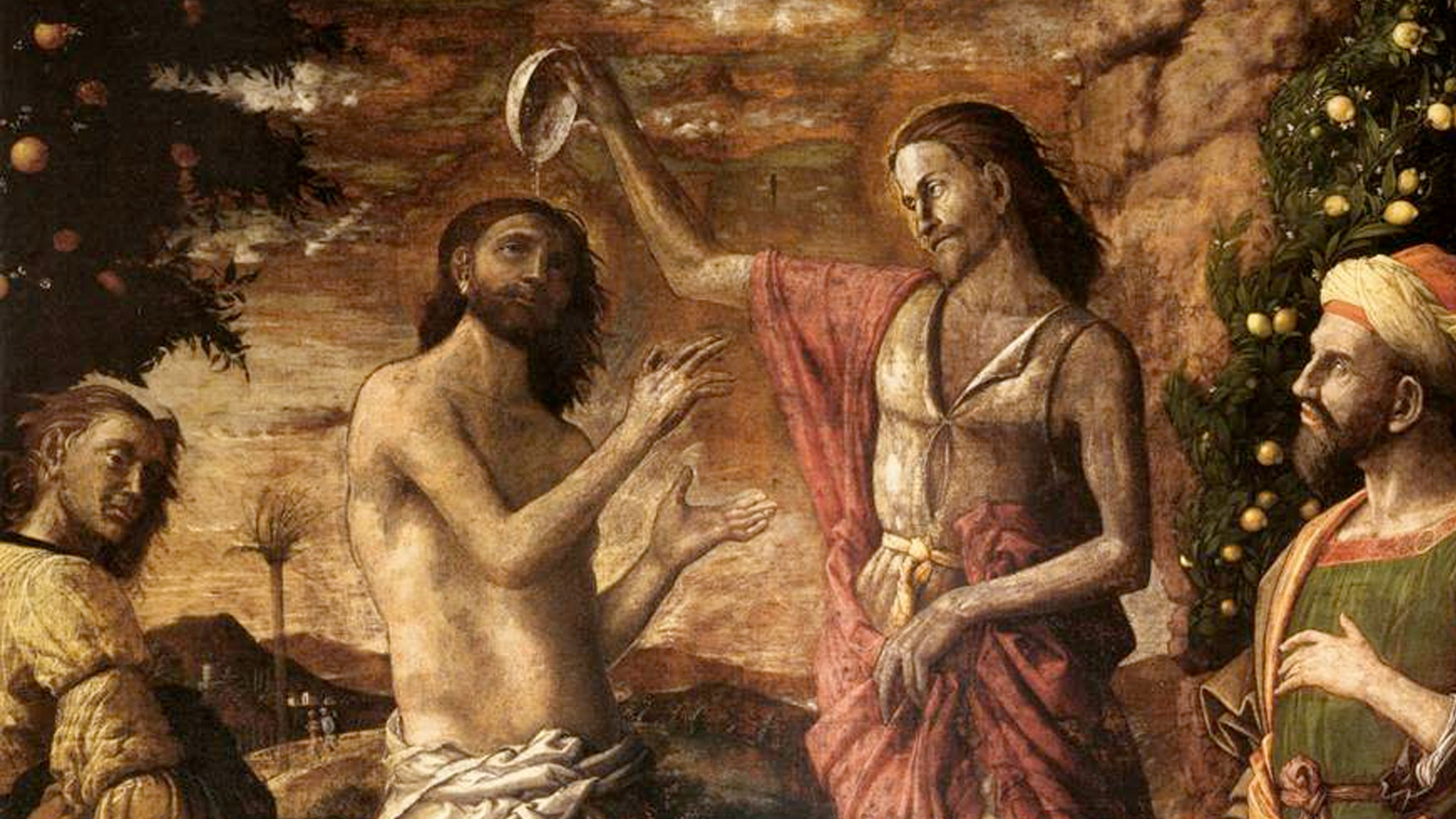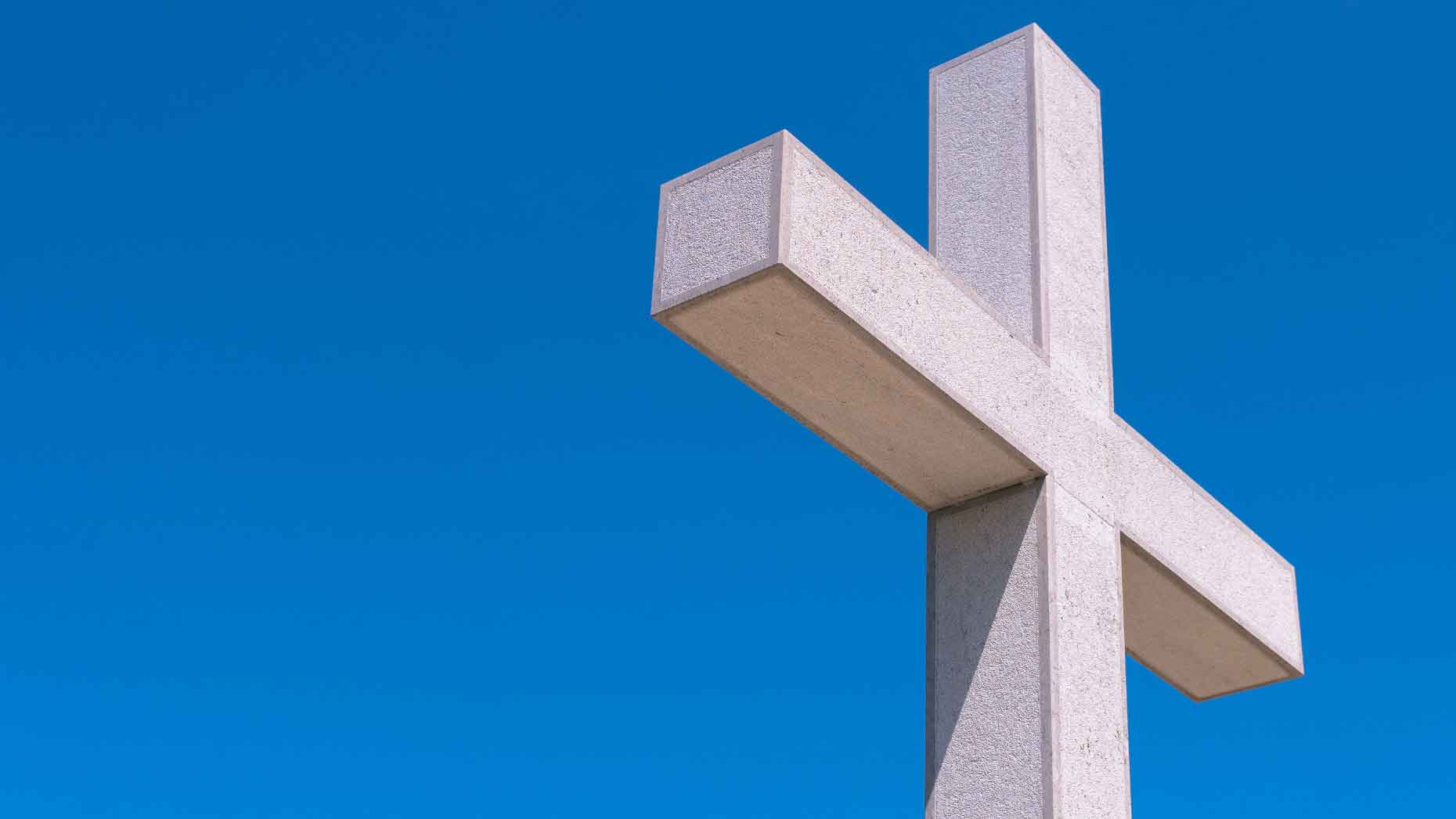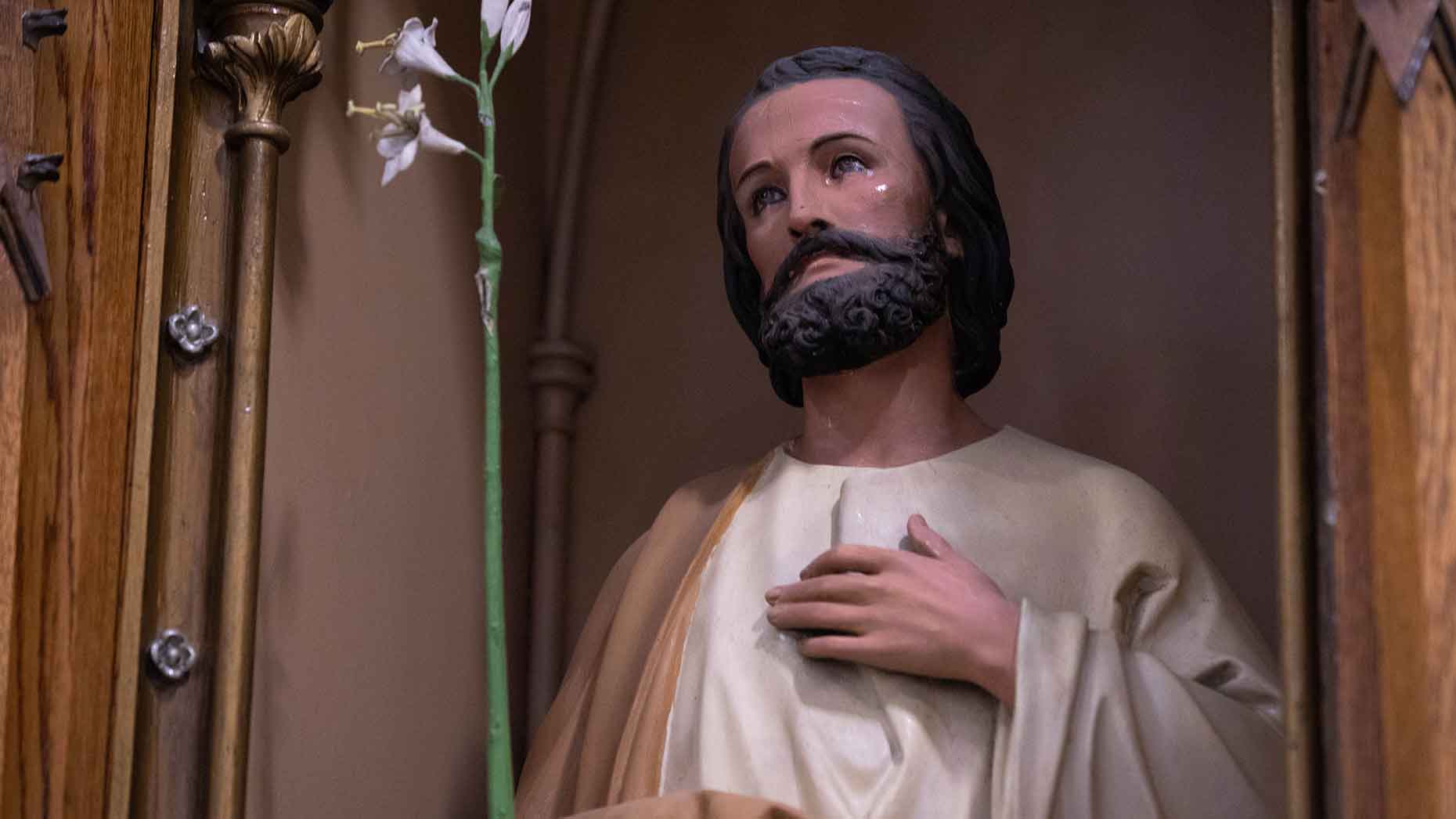By Fr. Tom Zelinski, OFM Cap.
I am writing this on the day after the verdict was handed down in the murder trial in Minnesota. It seemed the whole country was watching. It is another moment in which all of us are invited to examine our attitudes toward all our brothers and sisters. It is a moment, again, of racial awareness.
Catholics have been as racist as anyone else in our history. Years ago some Catholic institutions owned slaves. Some Catholic schools and seminaries did not allow the attendance of African American persons. Some Catholic parishes had segregated seating, relegating Black people to the rear of church or perhaps to the choir loft.
This history does not need to stir guilt in us today, but we don’t need to deny this history. But in the face of current events, we are invited again to examine ourselves, our thoughts and feelings, in the light of Matthew 25. Do we indeed see Christ in all our brothers and sisters in the human race?
We don’t need to deny anything or make excuses. If we find ourselves failing in that sibling love, then we can turn to God for mercy and try to take a better path.
